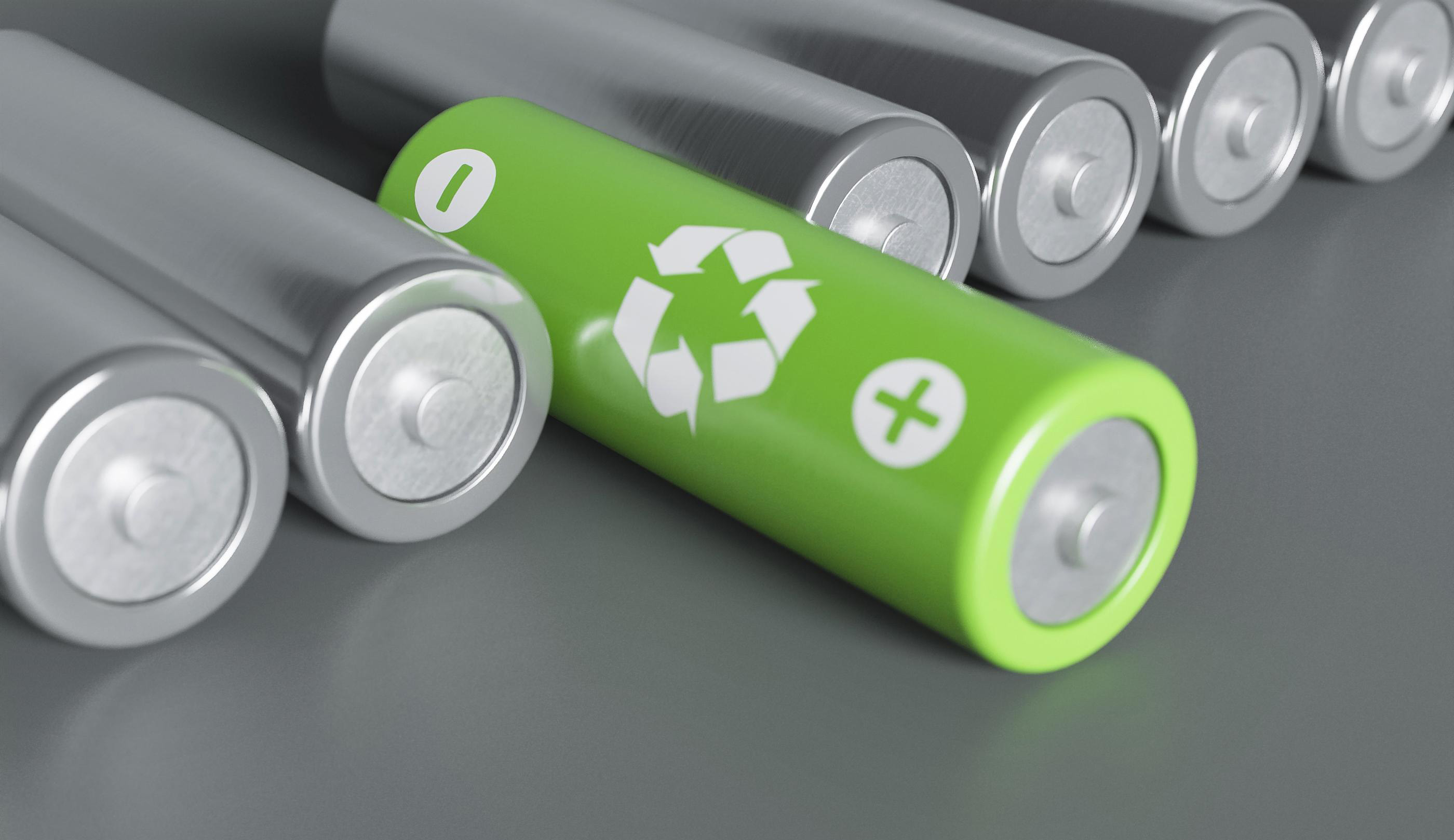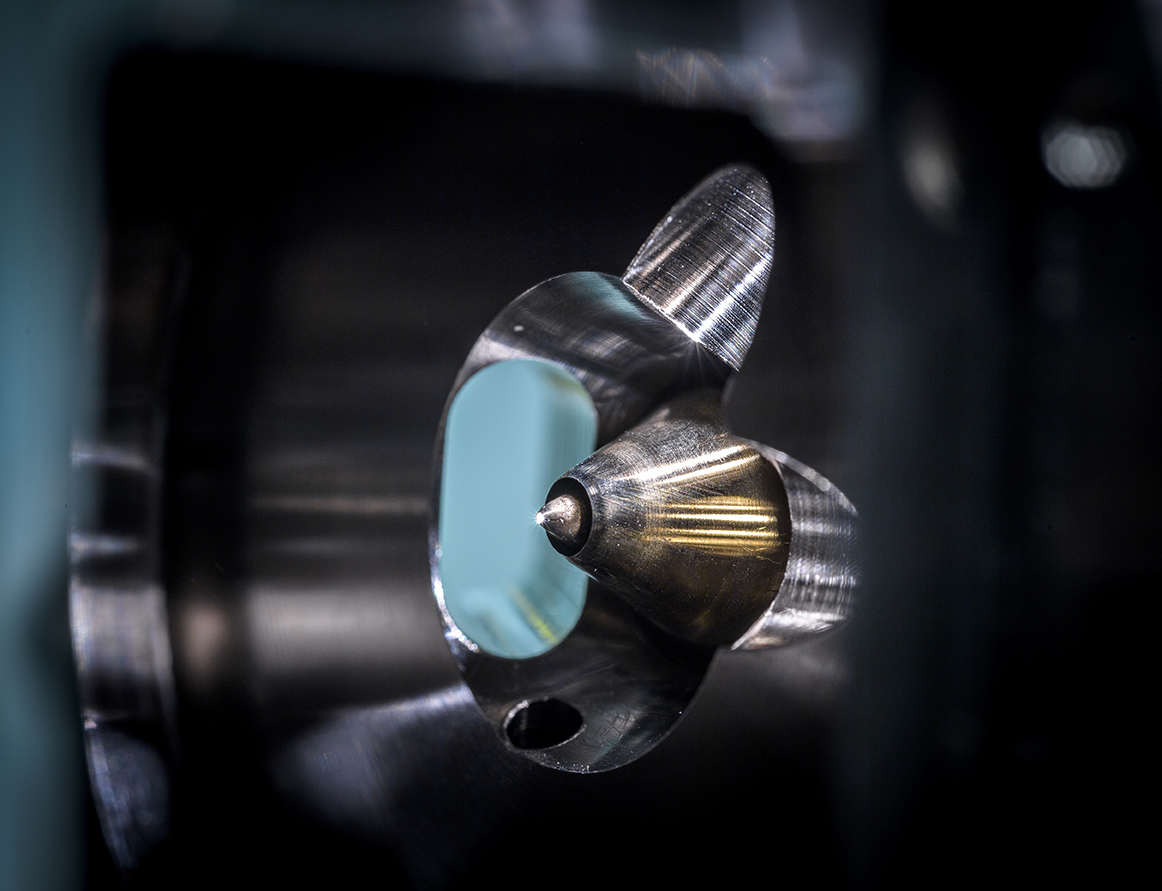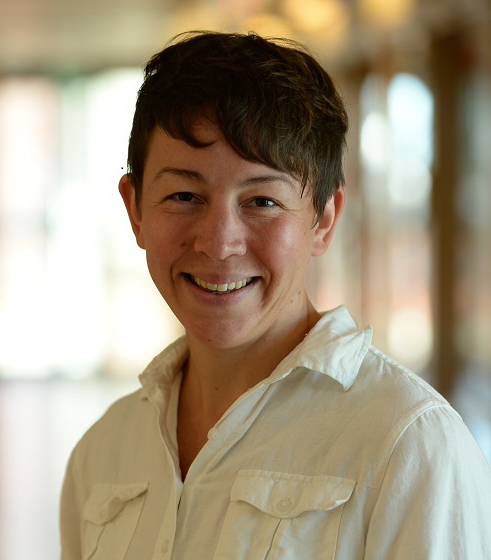LTH's major investment in battery research takes off
Last year, Lund University, in collaboration with Uppsala University and Chalmers, received nearly SEK 50 million from the Swedish government for battery research under the strategic initiative Compel. This initiative is set to receive the same amount annually until 2029, enabling the hiring of researchers and teachers specializing in electrification and battery technology. The universities are also uniting their efforts to advance battery research. Additionally, substantial funding will be allocated to expand civil engineering programs, with a particular emphasis on electrification and battery technology.
Cecilia Schubert – Publicerad den 10 juni 2024

To find out more about the collaborative initiative and future plans, we met with Elna Heimdal Nilsson, researcher in combustion physics and coordinator of Lund University's part in Compel.
Can you tell us about Compel, how did it start?
– Yes, of course! Compel, which stands for COMPetitiveness for the ELectrification of the Transport System, is a collaborative platform that aims to support and promote battery research in Sweden. The platform actually started in 2021 and involved the companies Northvolt and Volvo Cars as well as three universities that jointly took the initiative and presented it to the government. In addition to Lund University, Chalmers University of Technology and Uppsala University are involved. In October 2023, we learned that the government wants to support the collaboration by investing several million SEK annually in both battery research and engineering education. At Lund University, it is LTH that is driving the initiative as part of the profile area Energy Transition.
– An Industry Council was also recently established to act as a strategic body for the initiative and help universities identify research needs. The Industry Council, which includes Volvo, Volvo Cars, Northvolt and Scania, is making sure we stay on track.
What is your role within the initiative?
– I am the coordinator for Lund University's and LTH's part in the initiative and have been since March this year, but I have been behind the scenes for longer than that. As coordinator, my main task is to coordinate all research-related activities within Compel and ensure that research in battery-related areas in Lund moves forward in a coherent way. I also try to ensure that we have research covering the entire battery value chain, from battery material extraction and production to utilisation and recycling. We are a total of thirteen research groups at ten different departments in Lund, primarily at LTH but also at the Faculty of Science, so it's a big effort.
The initiative is extensive, as you say, and involves many departments. How are you working to create a cohesive group?
– It's important that Compel researchers and doctoral students are aware of each other's work and progress to foster collaboration and a sense of community. This is why we organise regular networking events and meetings to exchange ideas and collaborate. We also aim to create a cohesive research environment together with our main partners, Uppsala University and Chalmers, to jointly raise the level of battery research.
What can we expect from Compel in the future?
– We have two upcoming senior lecturer positions with associated research support that will focus on the development of battery materials and future technologies. In addition, we will have twelve PhD positions, six of which have recently been advertised. This is something I am working hard to put in place right now.
– We will also look at the link between MAX IV and battery research. An investigation into the potential of synchrotron facilities for this type of research has begun and is expected to be completed early next year. I will also be representing Compel at Almedalen, together with our partner universities, to highlight our initiatives and progress.
– An important part of our work is to create engagement with our education programmes and attract young people to apply for engineering programmes and take an interest in battery research, which we hope to do more of this autumn.
How do you see the future of Compel?
– I am very positive about the future. We have already come a long way and with the new hires and research investments, I am confident that we will make significant progress in battery research. By continuing our close collaboration with the industry and our partner universities, we can really make a difference and strengthen Sweden's competitiveness in the electrification of the transport system.

Do you want to know more about Compel?
Reading tips:
Regeringen satsar på batterier och elektrifiering – LTH har en nyckelroll (in Swedish)
Facts | Compel
Compel, ‘COMPetence for the ELectrification of the transport system’, is a strategic initiative from the Swedish government, with the aim of strengthening research and education environments in battery technology and electrification. Within COMPETENCE, the three universities Chalmers University of Technology, Lund University and Uppsala University, in consultation with key players in Swedish industry, are deepening their collaboration with the aim of strengthening Sweden's position in batteries and the electrification of the transport sector and related areas. The initiative aims to strengthen research and education efforts related to the battery area with the goal of ensuring that relevant research in battery technology for the electrification of the transport sector is maintained and further developed in Sweden.
At Lund University via LTH, Compel is a strategic initiative that aims to strengthen research environments in battery technology and electrification, in a way that complements relevant research at other universities and builds on our strengths. Compel at Lund University initially includes researchers at ten departments and three research areas have been identified for strategic development: materials research, integration of batteries with power electronics and safe energy storage.

